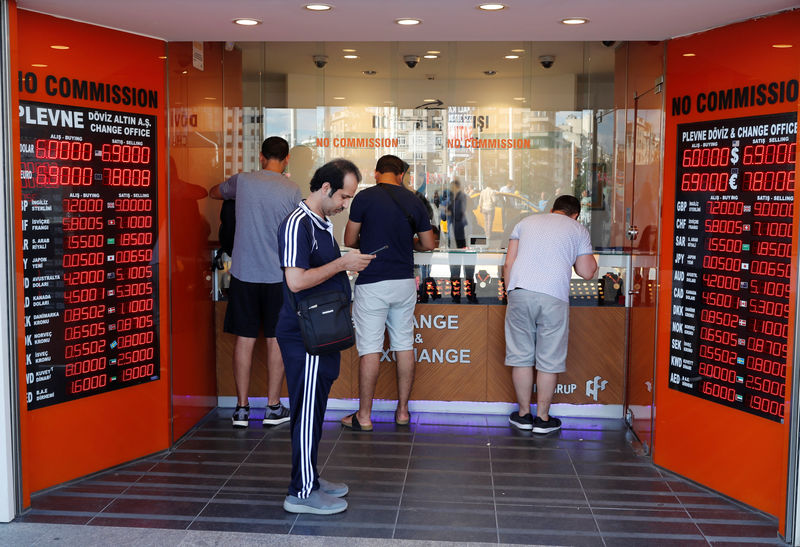(Bloomberg) -- Desperate for cash, Venezuela is scrounging around for it in junk piles, looking for discarded car parts and odds and ends from construction sites to sell.
But with U.S. sanctions cutting ever deeper into the crippled economy, the Nicolas Maduro regime appears to have found just one customer: Turkey.
In the latest lifeline that country has extended to Venezuela -- after buying some of the $40 million worth of gold Maduro sold in July in defiance of U.S. sanctions -- Turkey has purchased 27,800 tons of metals scrap from state-run Corpovez, which has the monopoly in Venezuela on peddling cast-off copper, steel and other such materials.
Corpovez said it made the sale in August. The company posted a video on Twitter on Nov. 13 that showed a container of junk being hoisted on to a ship, the Anshun, without saying where the load was heading. The vessel was spotted at the Isken terminal in Turkey on Aug. 30, according to ship-tracking data on Bloomberg.
More than decade ago, scrap exports could be relied on for regular foreign-exchange income. It wasn’t a very big business -- the scant data available show sales of $18 million in 2004, for example -- but it was steady.
Then buyers, which at one point included the U.S., Japan, Spain and China, began peeling off. The most recent transaction recorded by the the National Institute of Statistics was of 2,000 tons of unspecified junk to Cuba, netting $420,000.
So Turkey stepped in. Its president, Recep Tayyip Erdogan, is a staunch Maduro supporter. Erdogan denounced the U.S. sanctions during a visit to Caracas last December, saying Venezuela was facing “manipulative attacks from “certain countries and acts of sabotage from economic assassins.” Turkish products -- pasta, rice, and corn flour -- help fill the heavily discounted food packets most Venezuelans receive every month.
The Maduro government in 2017 declared scrap metals “strategic materials” crucial to the country’s industrial development and last year banned any company other than Corpovez from selling or exporting them. That didn’t put an end to the black-market trade. As much as 1,350 tons of copper, aluminum, steel, iron and bronze pieces were stolen between August 2017 to August 2019, according to the prosecutor’s office.
Scrap traffickers pinch pipelines from oil fields, pull copper wiring pulled out of electricity substations and rip bronze plaques off graves in cemeteries. Idle plants at state iron factories have been dismantled and sold off, according to the Venezuela Metal-mechanics and Metallurgic Engineers Association.
It’s unclear how much Turkey paid for its scrap shipment. Officials at Corpovez didn’t respond to requests for comment.
